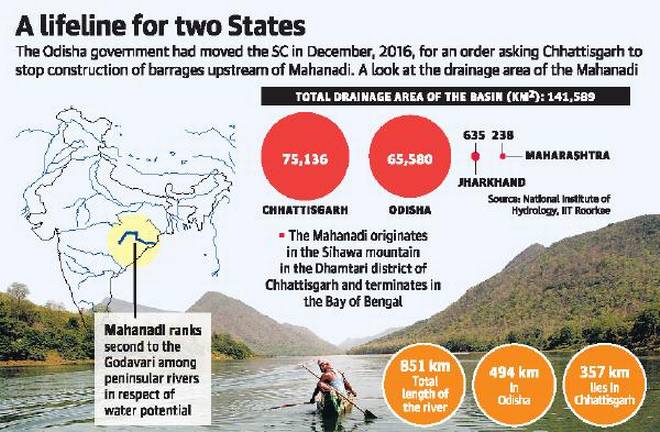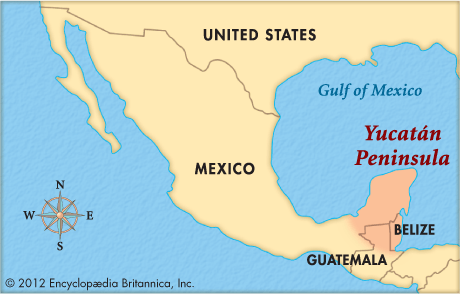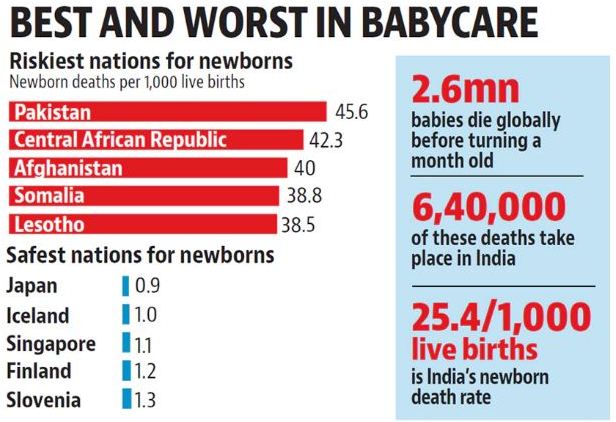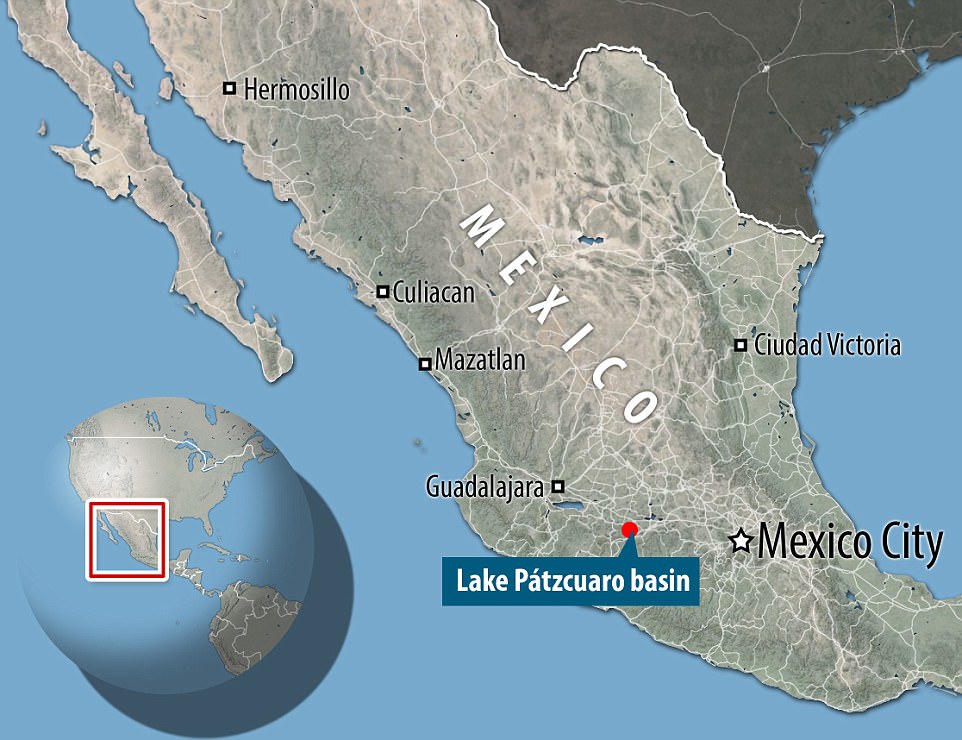7667766266
enquiry@shankarias.in
Solar Cycles and Sun spots

Mahanadi Tribunal

National Urban Housing Fund
Underwater Cave in Yucatan peninsula

UNICEF Report- Neonatal Deaths

Buried Pyramid City- Mexico

Source: PIB, The Hindu, Business Standard